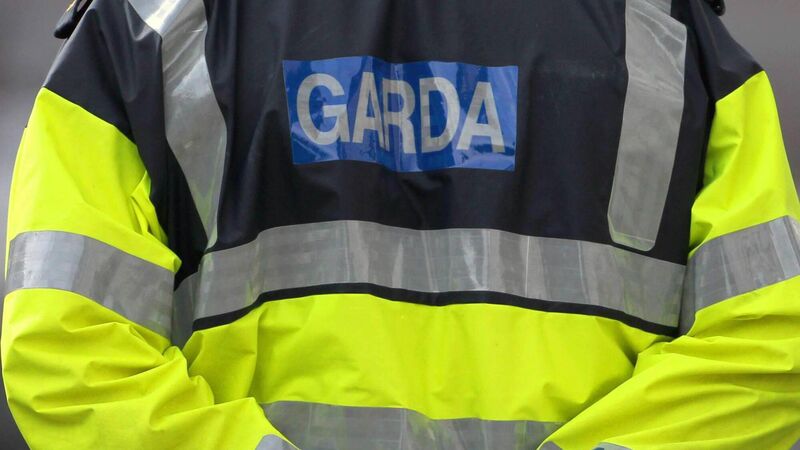One-in-10 sex assault victims have forensic evidence stored

One-in-10 of those attending a sexual assault unit over a four year period had the forensic evidence stored to consider informing An Garda Síochána at a later stage.
One-in-10 people who attended a sexual assault treatment unit over a four year period had forensic evidence stored to allow them to consider informing An Garda Síochána at a later stage.
The research, published in the , outlines how storage of forensic evidence without reporting to An Garda Síochána, known as Option 3, was introduced in August 2016, and in the four years to the end of July 2020, there were 1,258 attendances to the Dublin Sexual Assault Treatment Units (), with 10% choosing Option 3.










